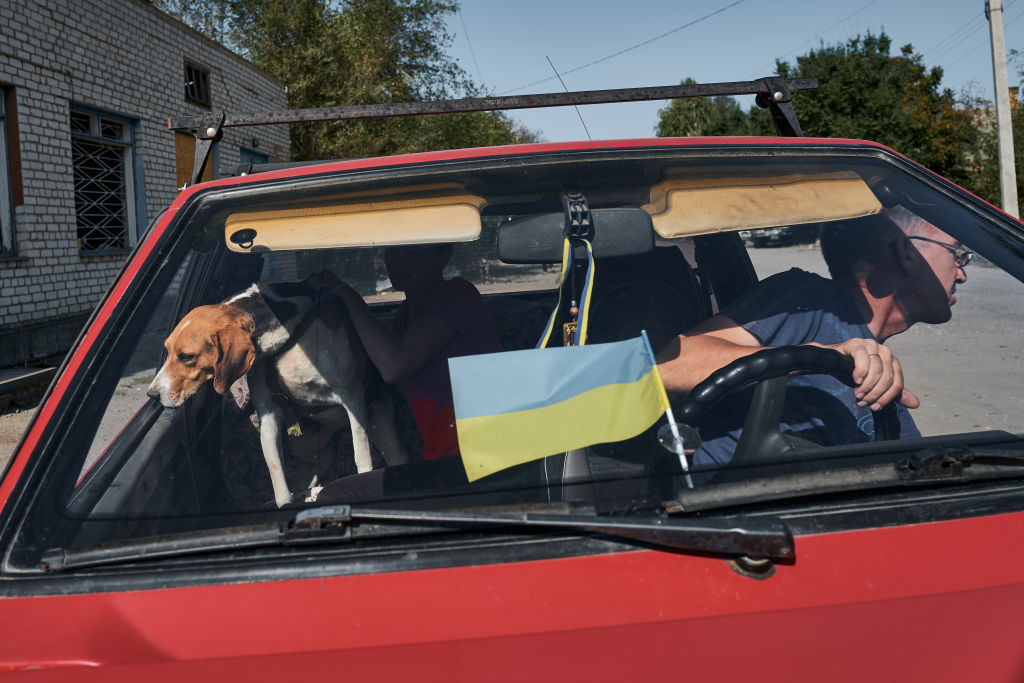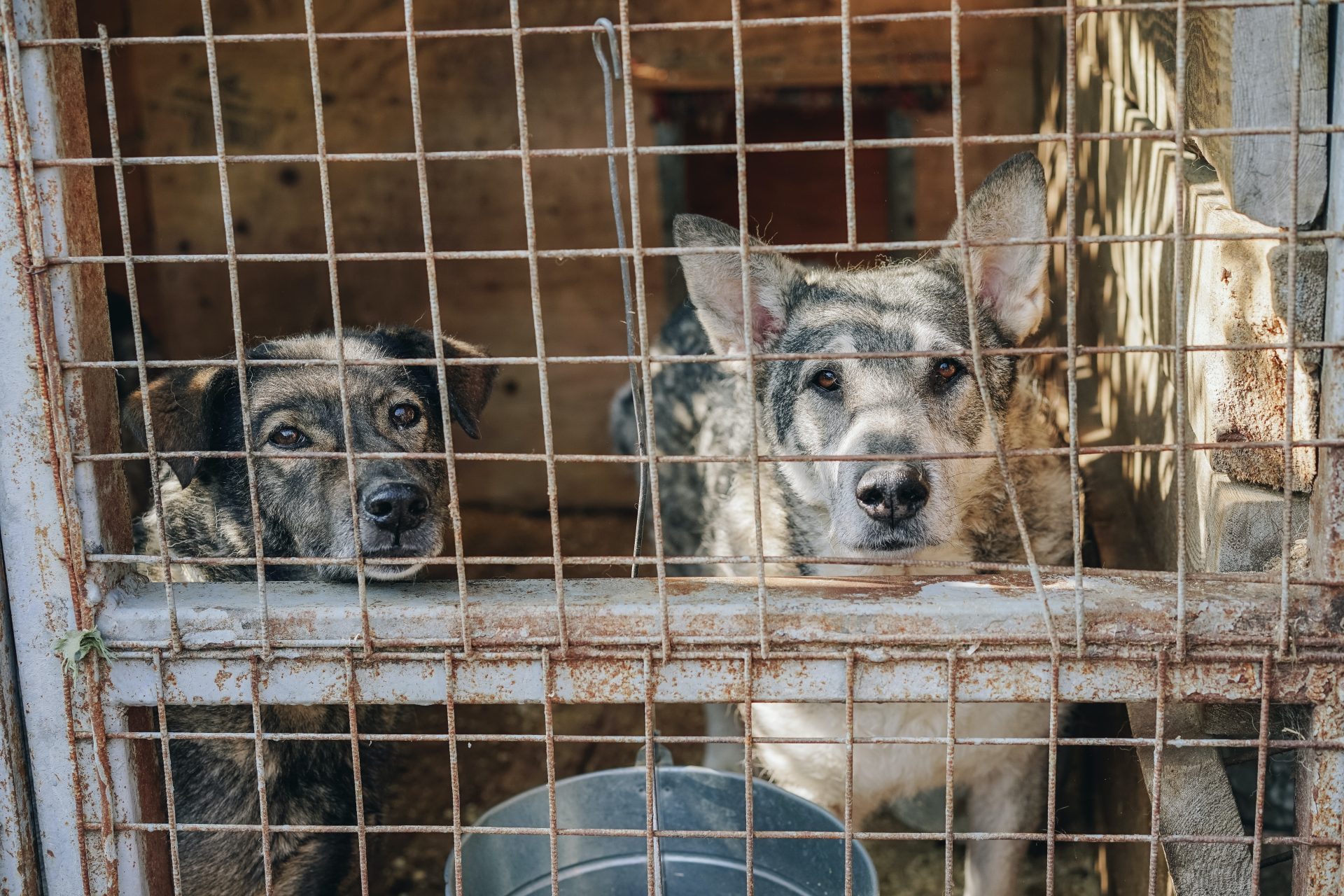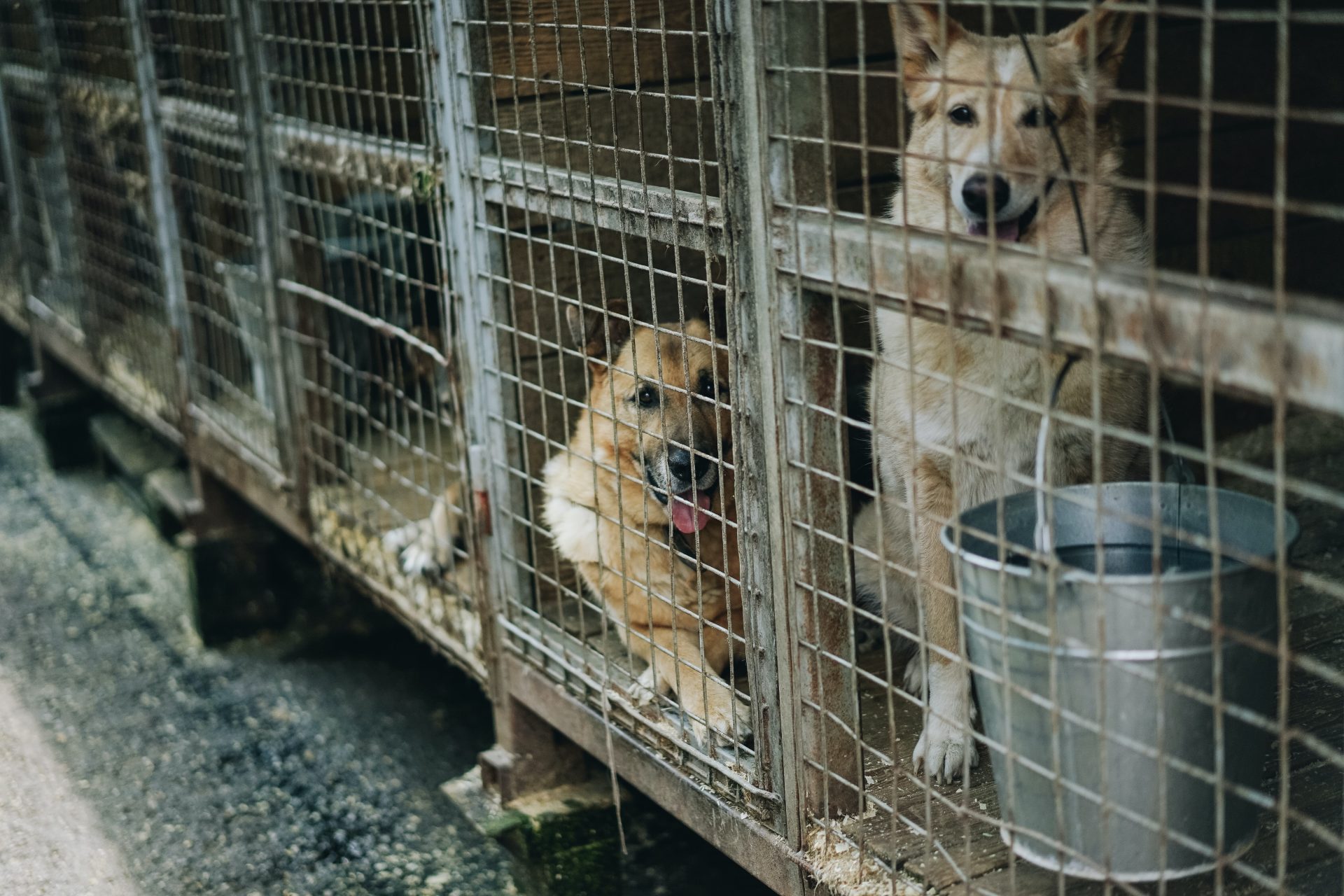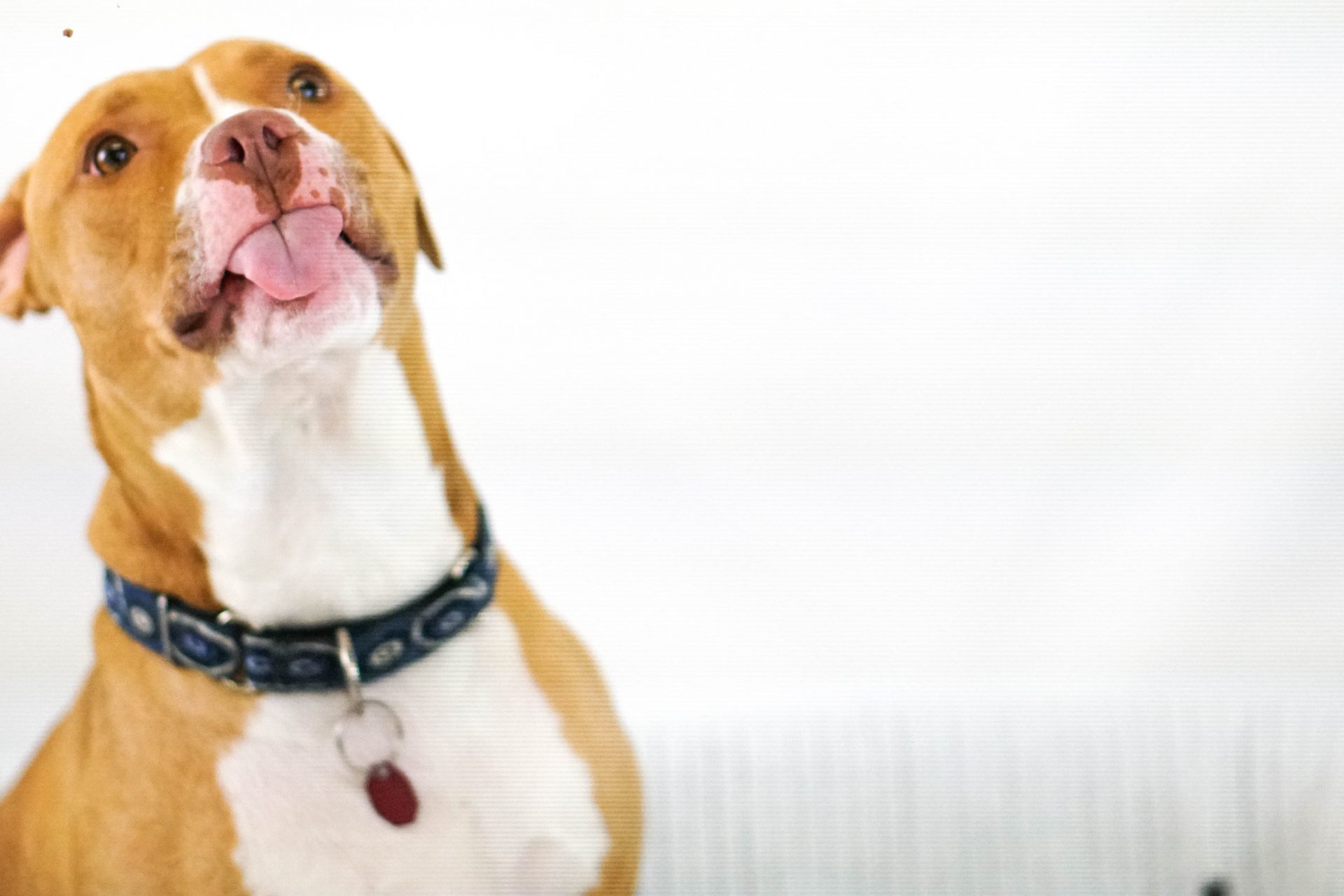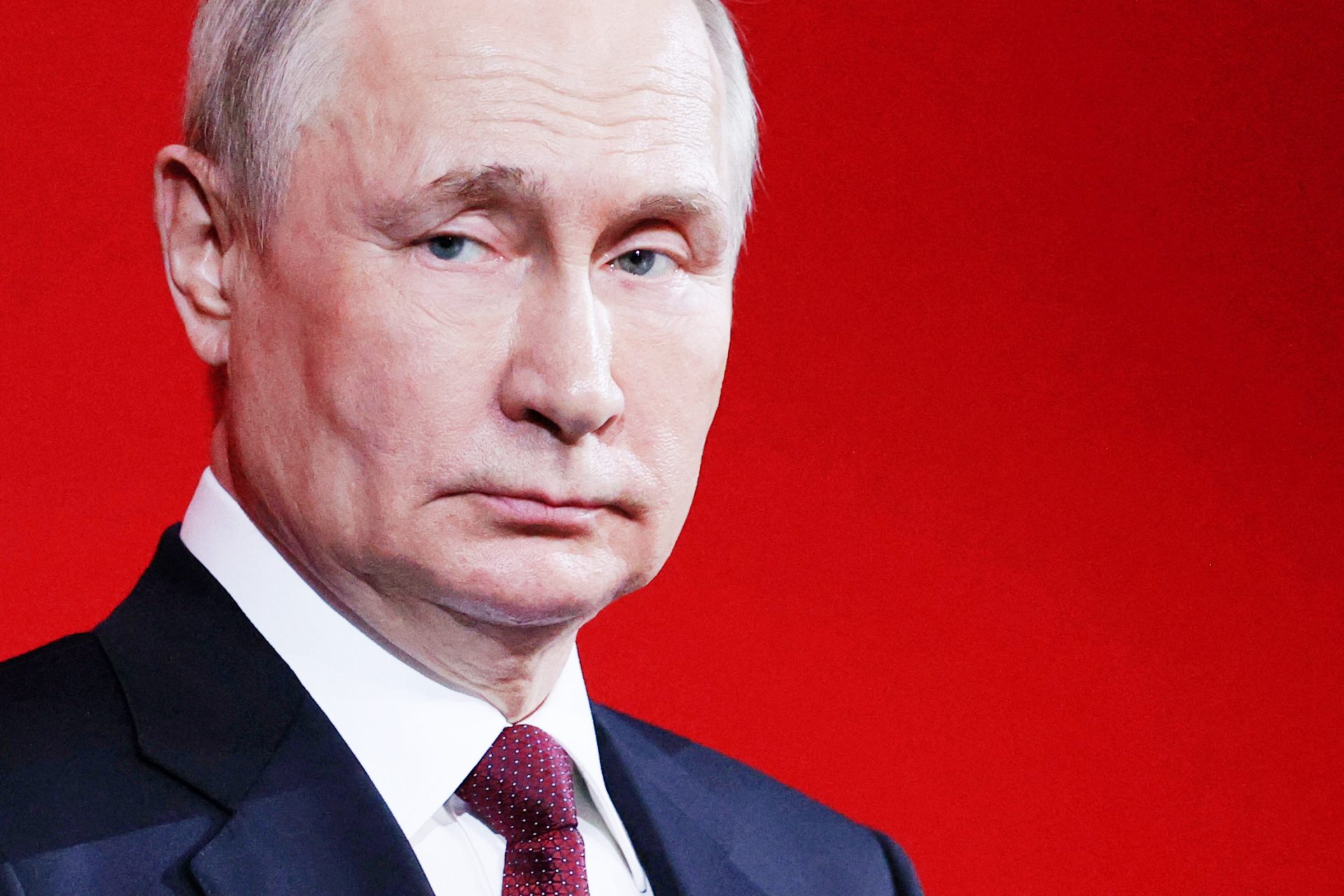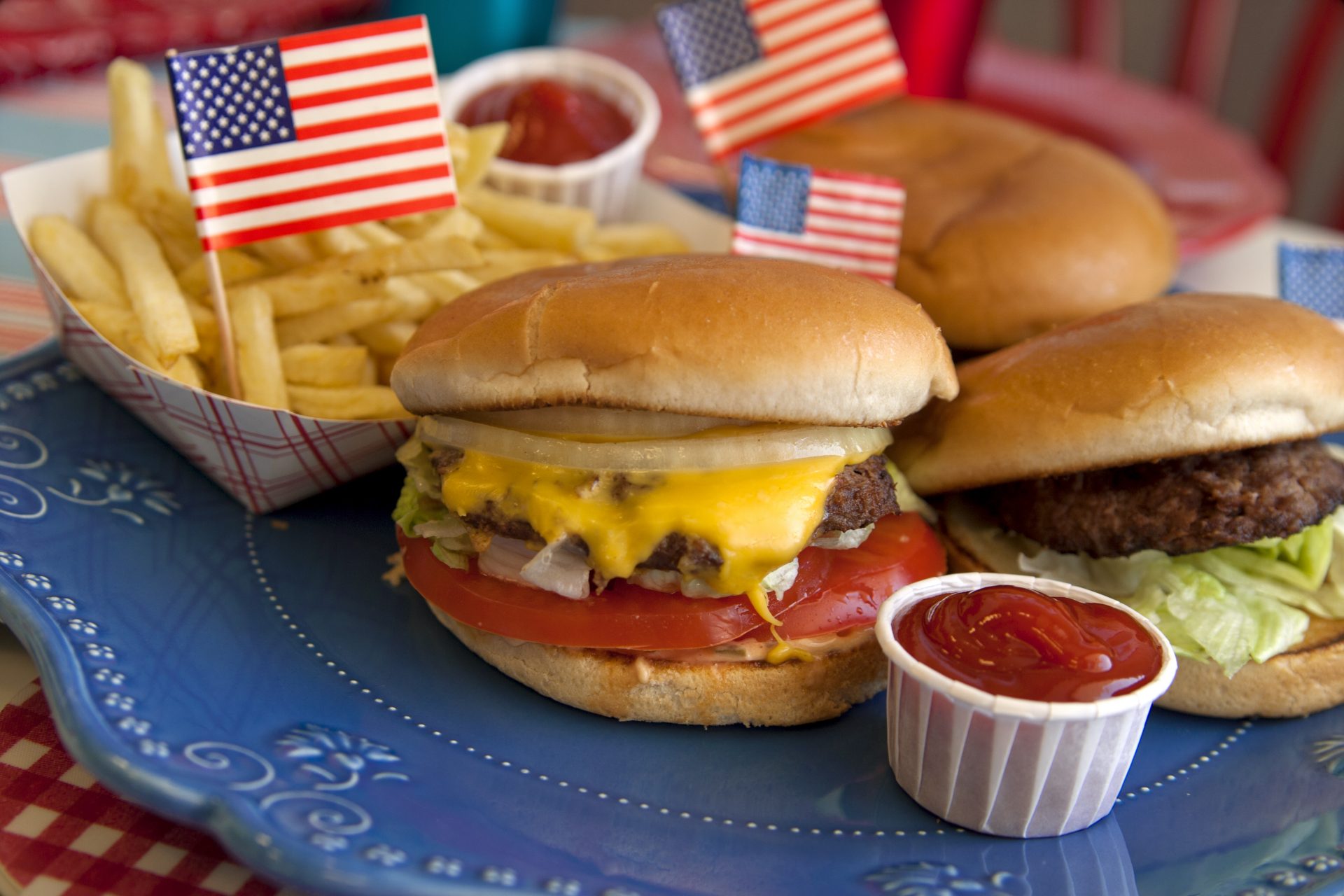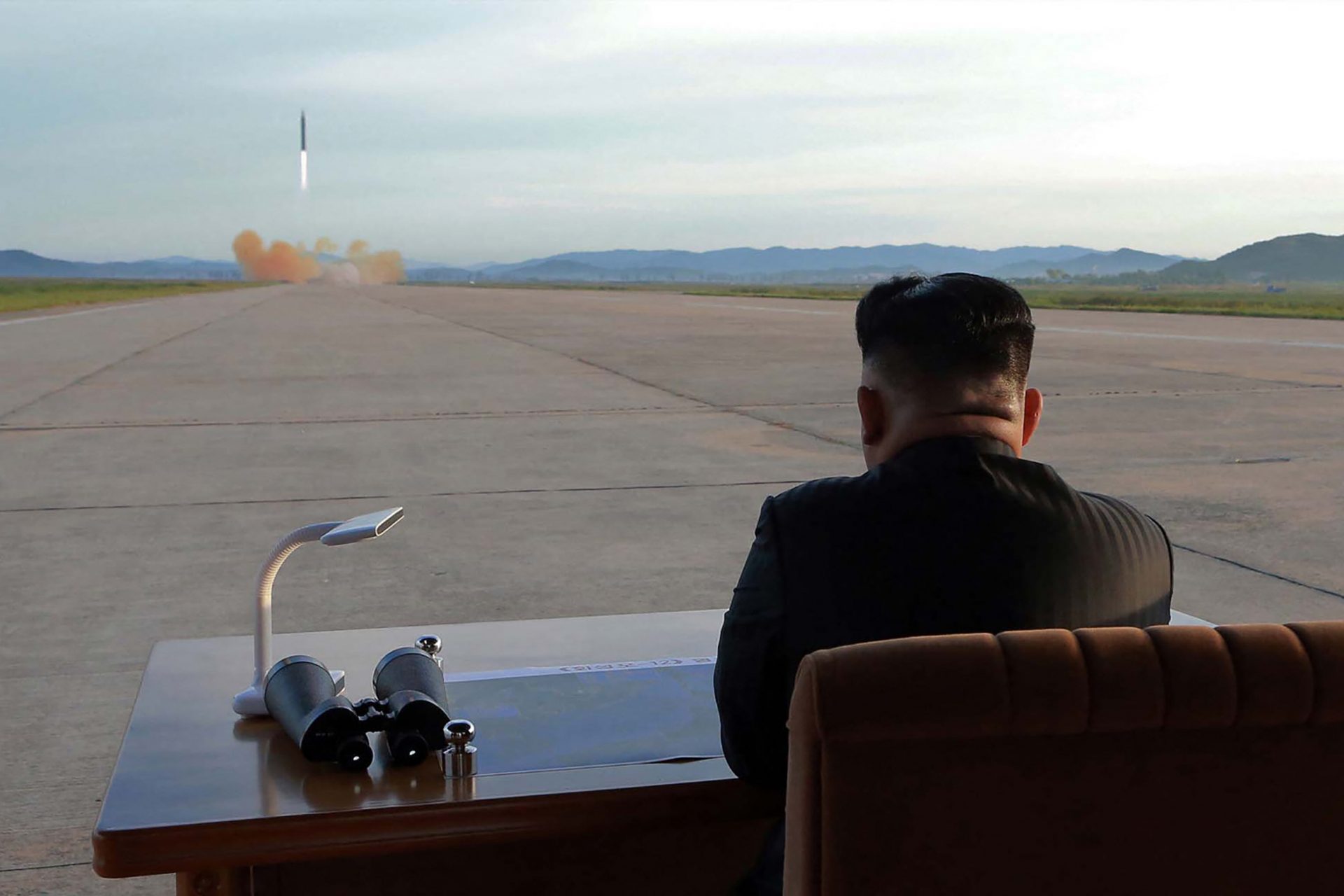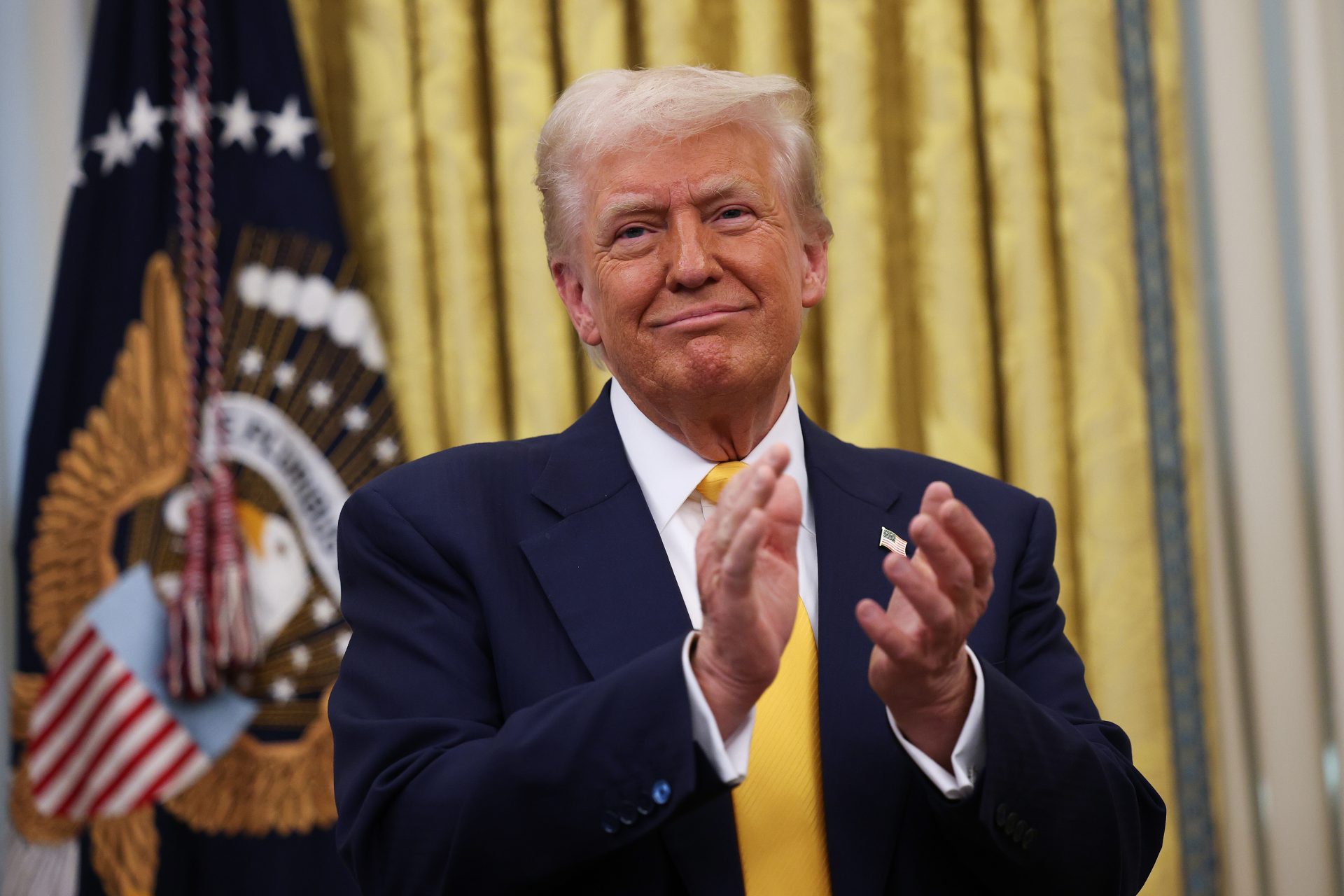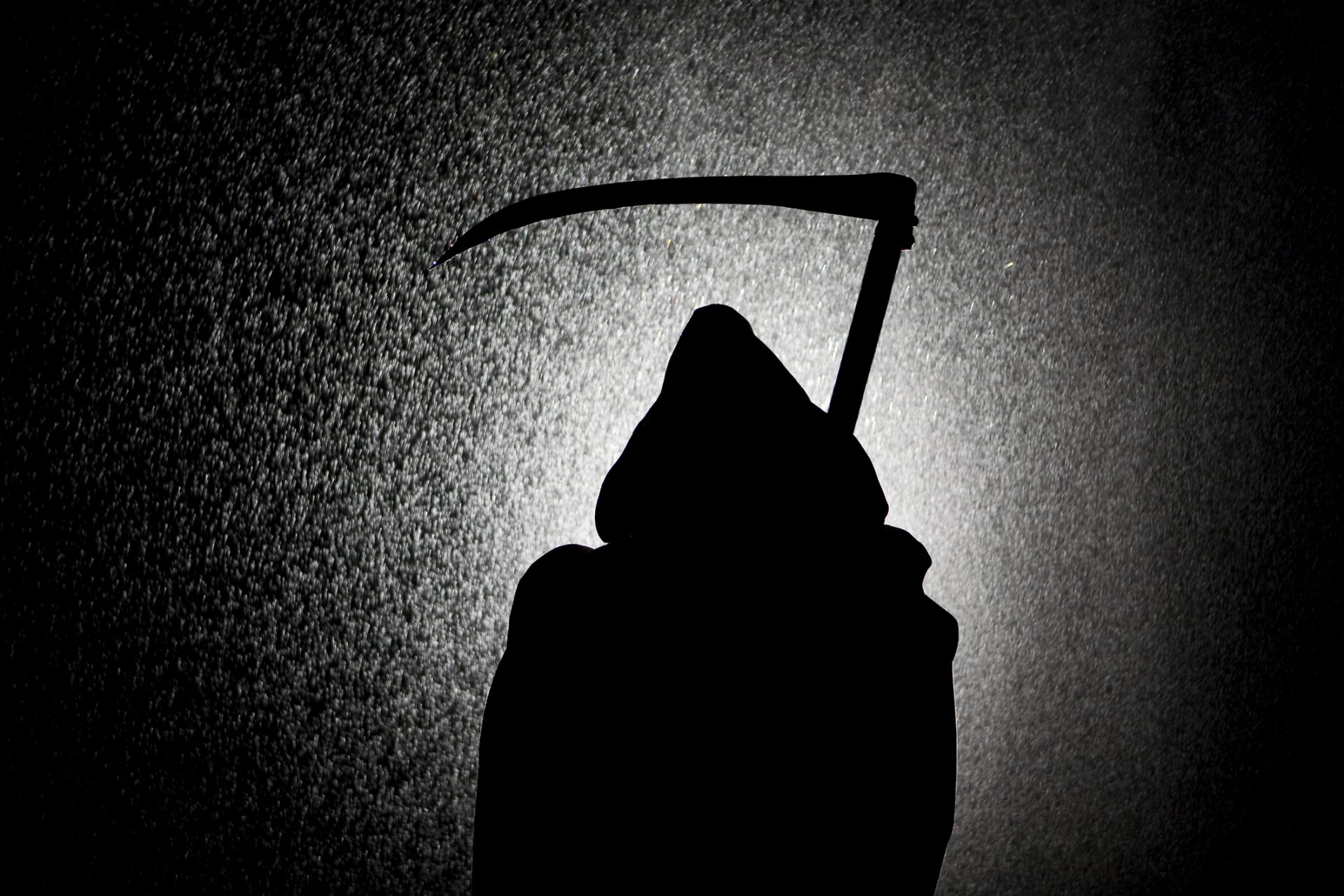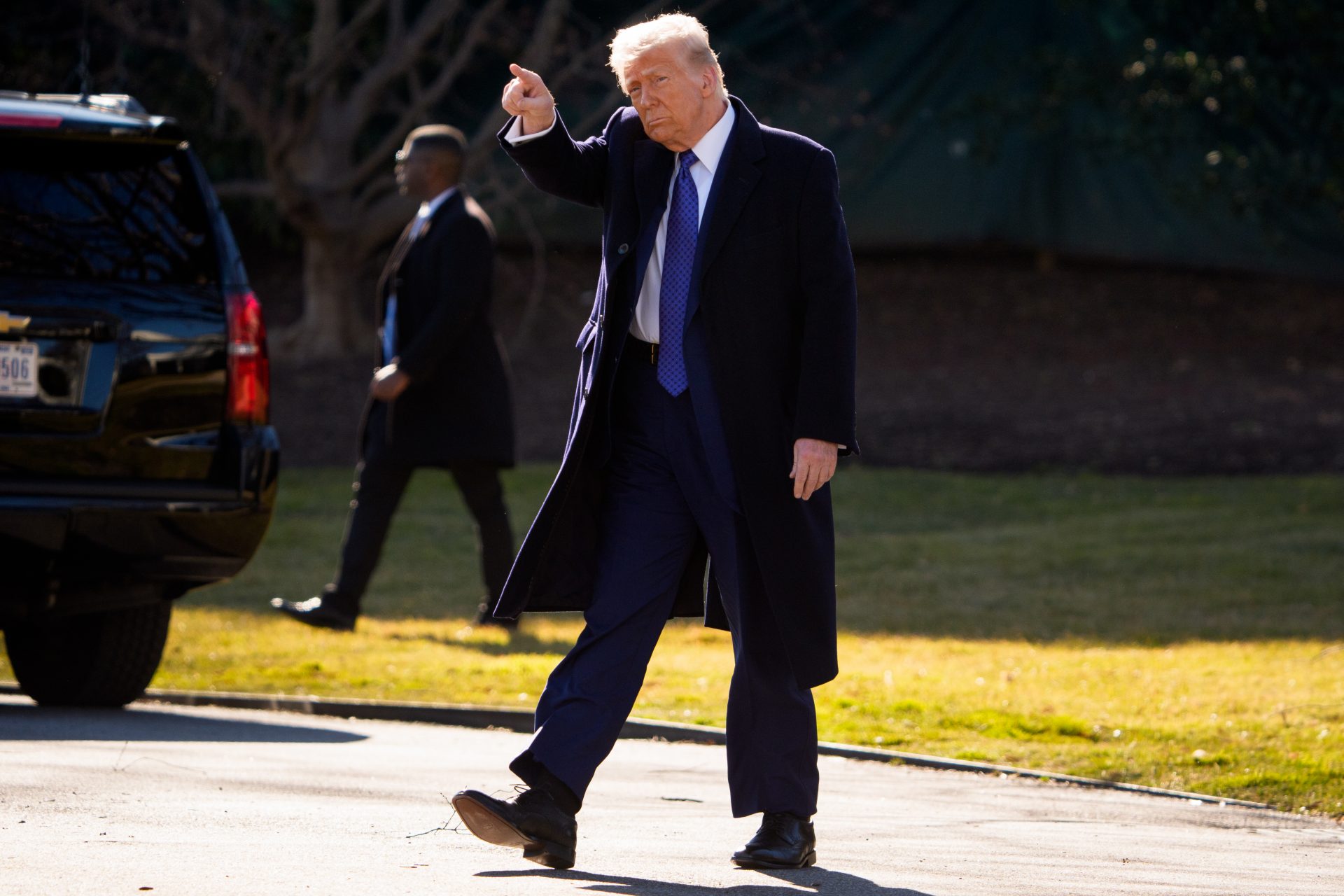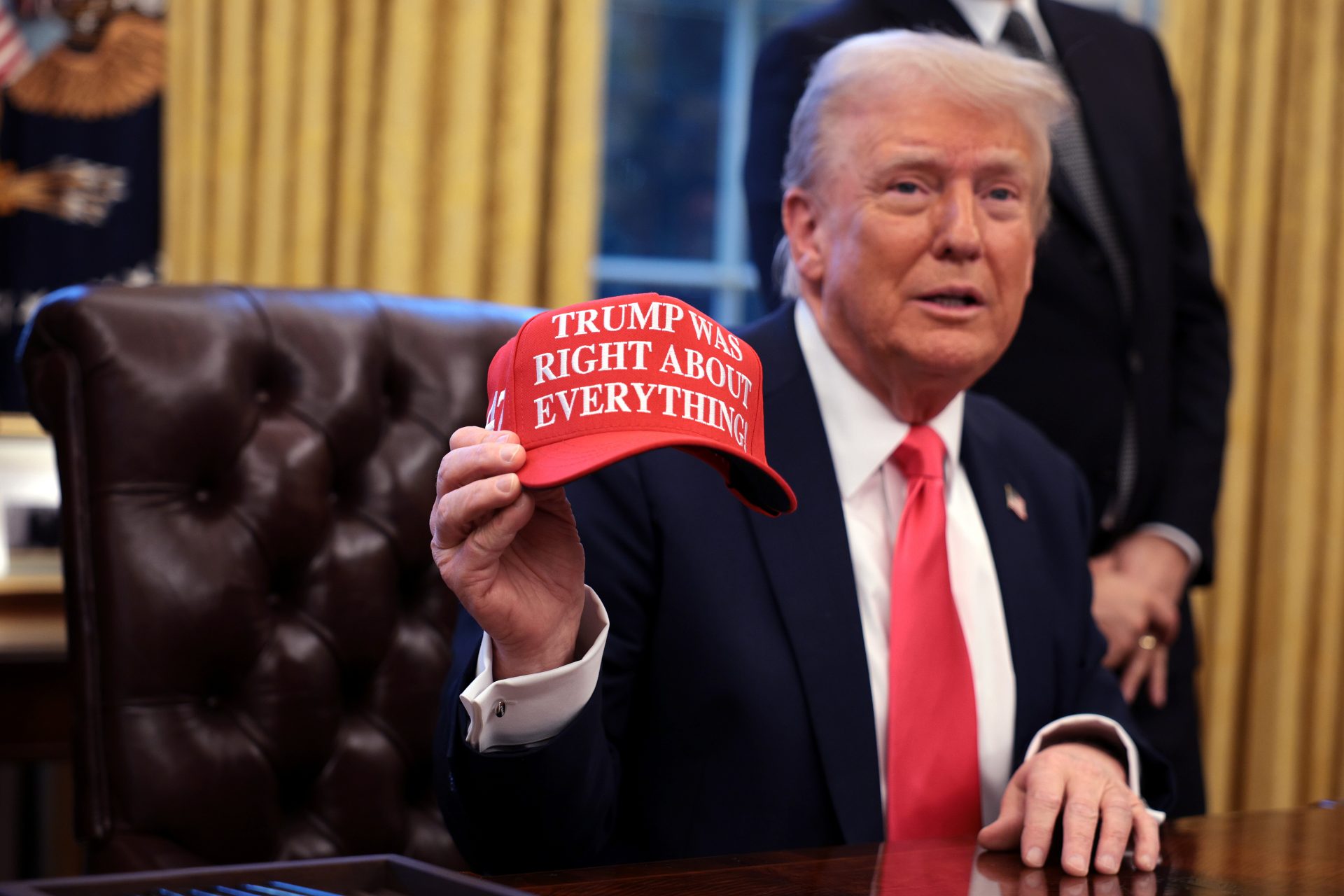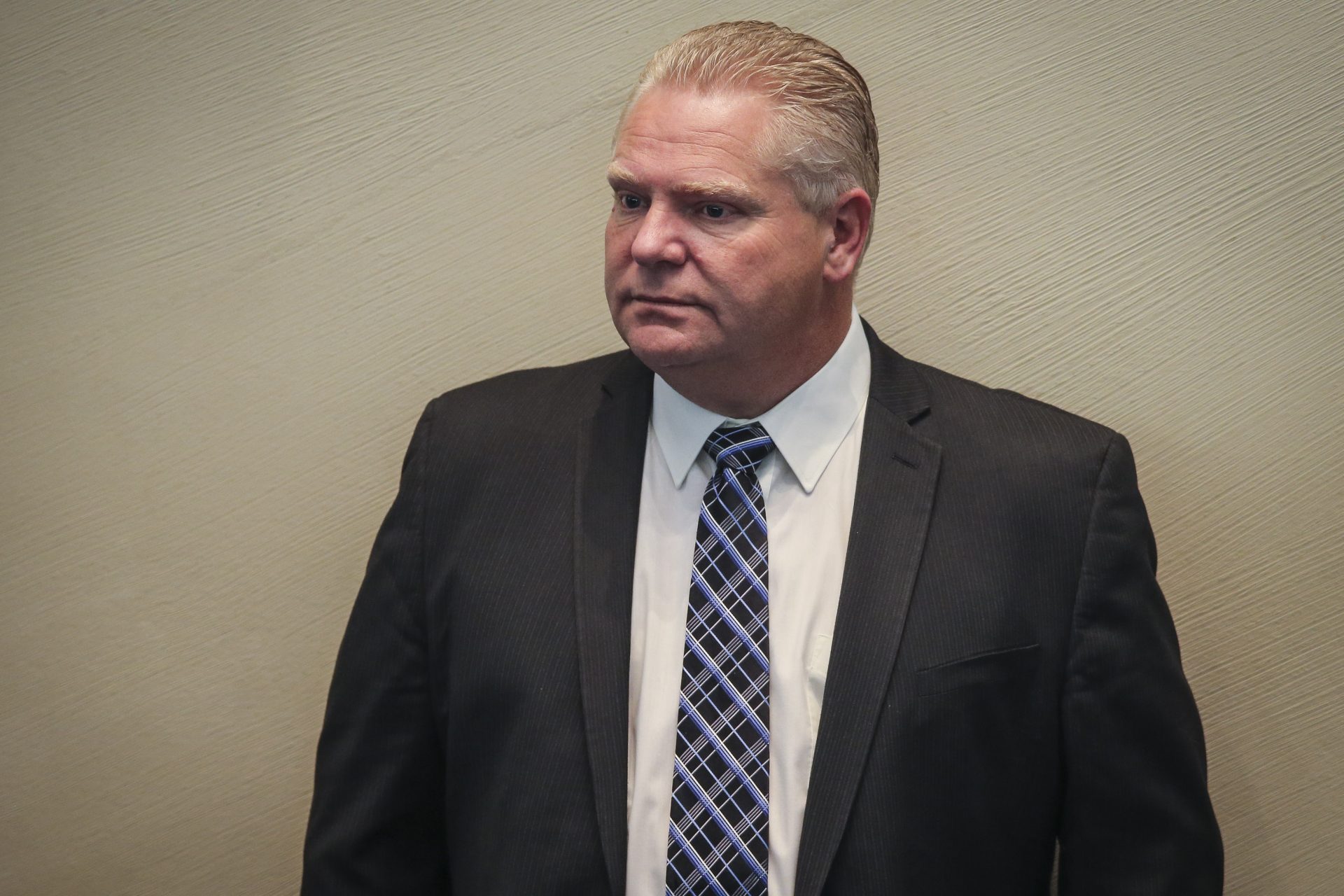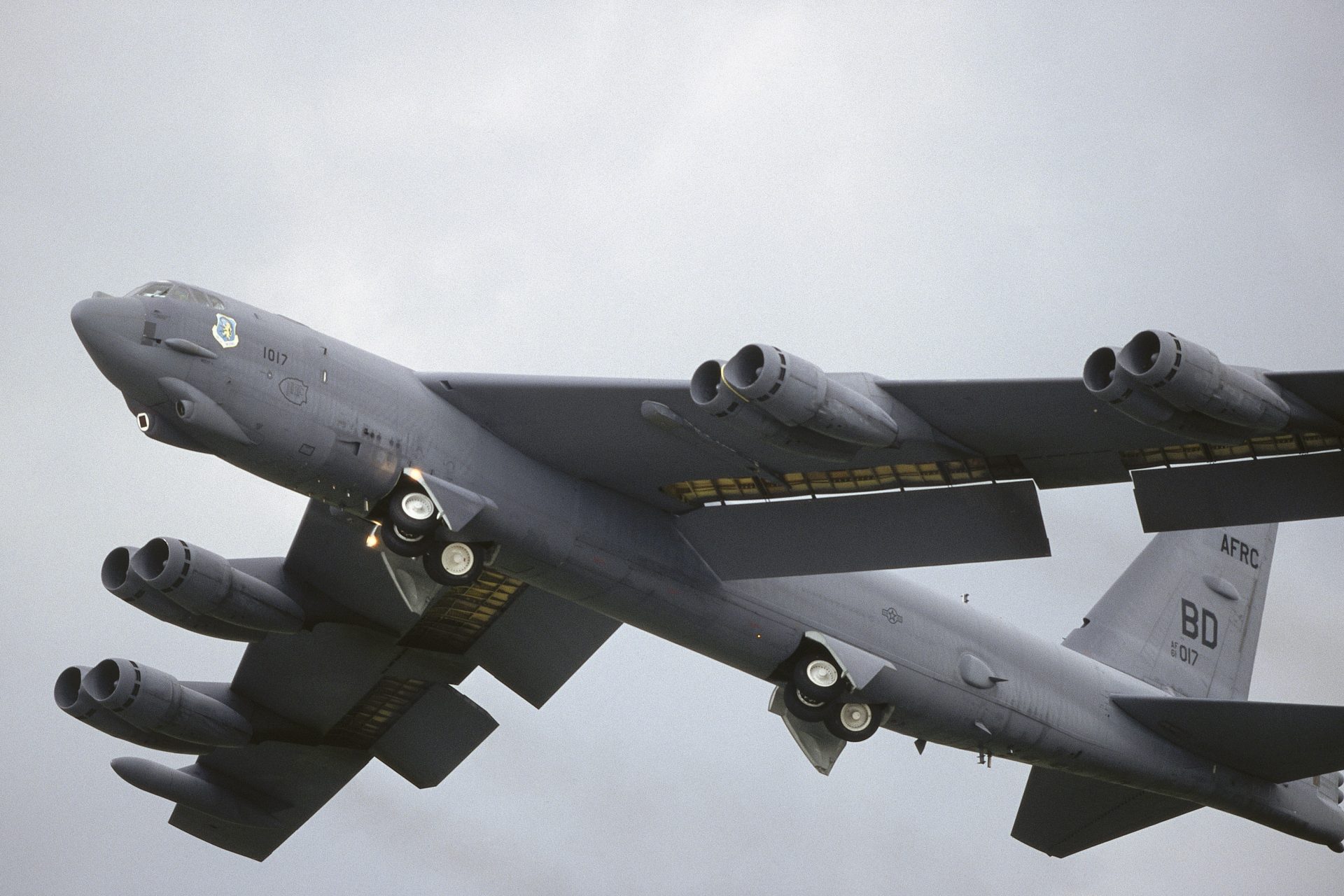The fight to rescue and rehome animals from the Russia-Ukraine war
The atrocities of the ongoing war in Ukraine have shattered the lives of not only millions of Ukrainians, but also of thousands of dogs, cats and other animals.
As millions of citizens fled Ukraine, many took their pets with them, making long treks on foot, car, or train to the west, getting documentation so that they could take their furry friends into other countries.
Unfortunately, some people couldn't take their pets or were killed during the invasion, so thousands of homeless dogs and cats were left behind.
Photo: Twitter @yamphoto
Luckily, many people have made their mission to help these lonely, starving, and sometimes injured, animals.
Asya Serpinska, a 77 year-old woman, is one of those people. She has ran an animal shelter for 20 years and when the war erupted it was clear to her that her work was more necessary than ever.
With three colleagues, she kept 700 dogs and 100 cats alive, and even rescued a lion, The Washington Post reported.
Photo: David Clode/Unsplash
Nate Mook, former CEO of World Central Kitchen, has been actively involved in efforts to support Ukrainian pets who have lost their homes during the ongoing Russian invasion.
Photo: Twitter @natemook
In October he tweeted this image that went viral, of dogs in Ukraine waiting patiently in line to get to a food dispenser that he and others had placed on the street.
Photo: Twitter @natemook
In addition to installing pet feeding stations in the streets, Mook and his team recently helped deliver 500 pounds of donated pet food to a sanctuary in Sviatohirsk, that houses pets found wandering the streets of the newly liberated city, he said on Twitter.
“Food need is huge in liberated areas, but also for vets and evacuating pets from the frontline,” Mook wrote in another tweet. “Volunteers are risking their lives rescuing cats & dogs,” he added.
Organizations such as the Polish Centaurus Foundation, the Ukrainian Equestrian Federation, or the Lviv animal shelter are trying to save animals from the war on a daily basis, The Guardian reported.
They have a large and valuable army of volunteers, as well as funding through online crowdfunding and private donations.
It’s not been determined how many animals have made it out of Ukraine since the start of the war, but there are numerous daily departures to EU countries in public transport, vans, trucks, and private cars, according to The Guardian.
However, according to The New York Times, it’s getting harder to find homes for the orphaned Ukrainian pets. Adoptions have now slowed.
Photo: Sasha Sashina/Unsplash
A volunteer told the NYT that when it comes to dogs, most people want puppies, but most of the abandoned dogs are older and bigger. Some are injured, she added.
Photo: Sasha Sashina/Unsplash
However, organizations and volunteers have managed to find 5,500 homes for pets outside Ukraine and another 1,500 were adopted inside the country, the NYT reported.
Photo: Shelley Kim/Unsplash
And it’s not all about domestic animals. One volunteer, Nataliya Popova, after seeing how animals from zoos and reserves were abandoned to starve or euthanised, turned her equine centre on the outskirts of Kyiv into a wildlife refuge.
Photo: Akhil Abraham/Unsplash
More than 100 animals from there have been evacuated to zoos and reserves in Romania or Poland since the beginning of the war. Among them were bears, tigers and lions from the bombed Ecopark in Kharkiv.
Photo: Nick Karvounis/Unsplash
To the west, the city of Lviv has become a center of animal rescue and evacuation operations, mainly due to the fact that it is the closest city to the border with Poland and it’s far from the frontline.
Dogs, cats and wild animals that stop for a few days at the animal shelter in Lviv, are cared for by volunteers who look after them, feed them, and give them affection, while the necessary bureaucratic steps are taken for their transfer out the country.
Many may not understand why people risk their own lives in the midst of war to help animals but the 77 year-old shelter owner explained it like this to the Washington Post: “For us, to save animals is to be human.”
More for you
Top Stories



